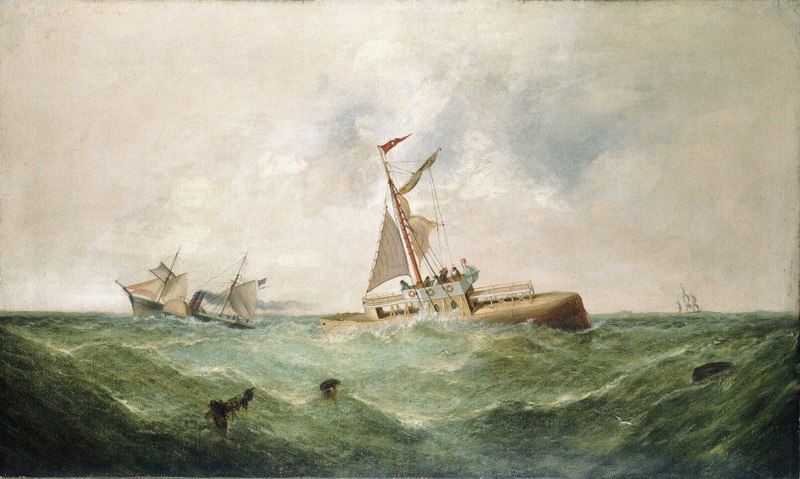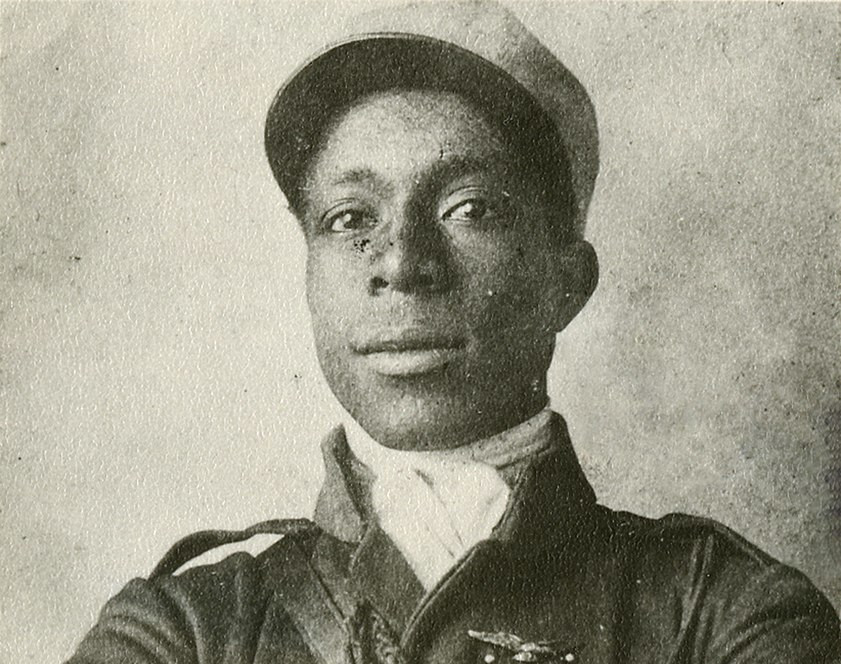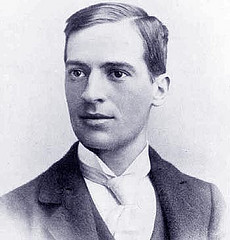Edgar Rice Burroughs invented an extensive vocabulary for the Mangani, the great apes of the Tarzan novels:
afraid: utor
baboon: tongani
branch: balu-den
cave: zu-kut
country: pal
elephant: tantor
hair: b’zan
hate: ugla
jackal: ungo
lightning: ara
look: yato
love: gree-ah
mother: kalu
rhinoceros: buto
strong: zu-vo
valley: pele
water: lul
Tarzan supposed that Mangani might be the basis for the language of all creatures, because all the animals of the jungle understood it to some extent. “It sounds to man like growling and barking and grunting, punctuated at times by shrill screams, and it is practically untranslatable to any tongue known to man,” Burroughs wrote in Tarzan at the Earth’s Core.
I’m getting this from David Ullery’s The Tarzan Novels of Edgar Rice Burroughs, but there are many online dictionaries. French writer Jacques Jouet even composed a love poem in the language.
Related: In reading English books Tarzan learned to grasp each word in its entirety, but in speaking them aloud he would spell them using the names he’d invented for the letters, according to Jungle Tales of Tarzan. “Thus it was an imposing word which Tarzan made of GOD. The masculine prefix of the apes is BU, the feminine MU; g Tarzan had named LA, o he pronounced TU, and d was MO. So the word God evolved itself into BULAMUTUMUMO, or, in English, he-g-she-o-she-d.”



